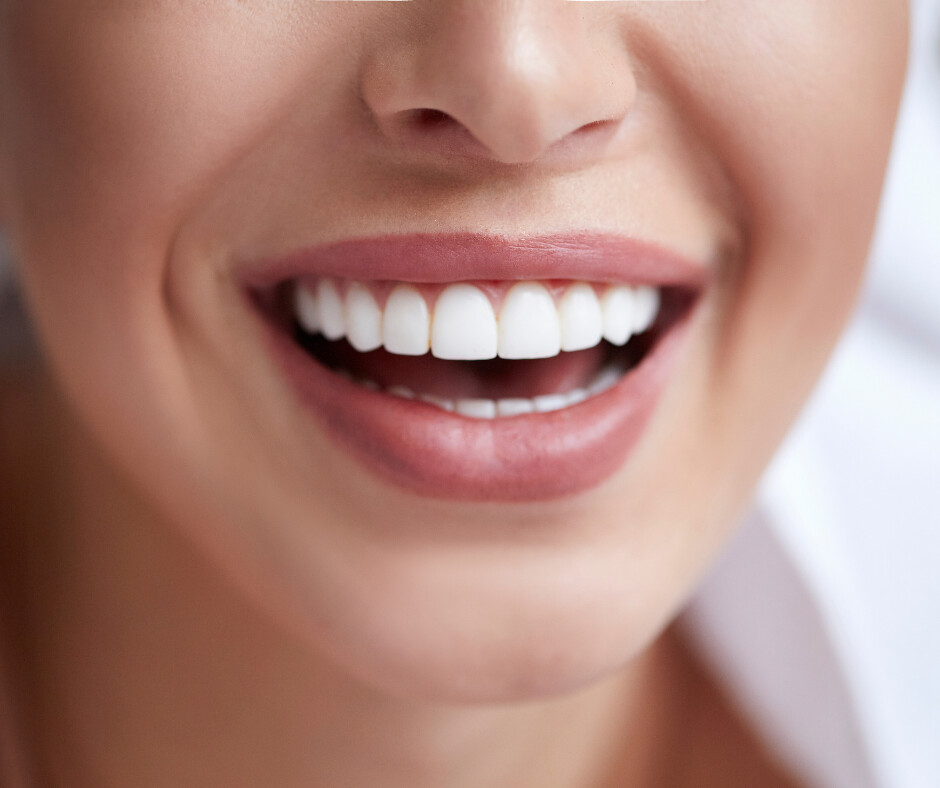
The mouth is considered to be a major factor in the health of your body. That's because the oral microbiome is representative of what’s happening elsewhere in the body. It is believed there are between 300 and 700 different microbial species living in your mouth. The microbes populating your mouth play an important role in functions such as metabolism, digestion, blood pressure and the structure of the teeth. The oral microbiome is linked to gut health, which has even more microbial species than the mouth. Taking care of your oral health is one of the most important things you can do for your overall wellness.
Exercise
It may not seem obvious, but there is an association between lack of exercise, chronic stress and poor oral health. A unhealthy lifestyle and lots of stress can lead to a decrease in saliva, which affects which types of microbes populate the mouth. Changes in saliva impact how well microbes carry minerals like calcium and phosphorus from saliva to the teeth enamel. Saliva is also a key player in the acidity of your mouth and can change the overall ecosystem. Another benefit of exercise is that it promotes circulation and detoxification by the lymphatic system, which helps keep the teeth, gums and tissues in the mouth healthy.
Diet
Your diet is the main way in which you consume microorganisms from your environment. Eating plant foods like vegetables and fruits provides you with not only nutrients, but also some dirt, water and bacteria. Some foods help beneficial bacteria thrive, while others promote the growth of pathogens and unfriendly bacteria. Foods to emphasize in your diet are those that are unprocessed, alkalizing, and and high in antioxidants. Good foods for optimal oral health include organic fruits and vegetables and natural and organically raised meat, fish, poultry, and eggs.
Probiotics
Probiotic supplements and foods can help populate the mouth with friendly bacteria, much in the same way they support gut health. They work by creating a protective biofilm that supports the health of teeth and gums and reduce inflammation. Good bacteria blocks bad bacteria from reaching enamel or vulnerable tissues. They may also help alter the pH of the mouth to stop cavity growth and improve saliva quality that can support remineralization of enamel. Dentists believe that oral microbiome probiotics are most effective when delivered directly to the mouth in lozenge, milk or chewable form.
Oral Hygiene
While cleaning the inside of the mouth, too much cleaning can actually contribute to problems. Good oral hygiene includes flossing, brushing with natural toothpaste, and possibly oil pulling. The use of harsh products in the mouth, such as some toothpastes and mouthwashes, can eliminate beneficial bacteria. This can cause an imbalance in the oral microbiome. Some ingredients to avoid include triclosan, SLS, artificial flavors, colors and sweeteners. The Environmental Working Group (EWG) scores toothpastes and mouthwashes based on the ingredients they contain. You can check the score on the products you use and switch to a better solution if needed.
Vitamin D
Studies have shown that there is a correlation between your vitamin D levels and cavities. Along with vitamin D, vitamin K2, magnesium, and phosphorus can help re-mineralize teeth. And of course, reducing or eliminating sugary foods and beverages from your diet minimizes the risk of developing oral health problems. While it is obvious that sugar is a major cause of cavities, grains can also contribute to cavities because of the phytic acid they contain. Phytic acid is not just found in grains though. It is also in legumes, nuts, and seeds. The good news is that phytic acid can be greatly reduced by germination (sprouting), fermentation, or simply soaking these foods in water overnight. Rinsing your mouth with filtered water after drinking or eating problematic foods can help minimize the damage they do to your teeth.
Did this help you? If so, I'd greatly appreciate it if you commented and/or share it on social media.

Email: sharonledwards@hotmail.com
Facebook: https://www.facebook.com/sharonledwardsbiz/






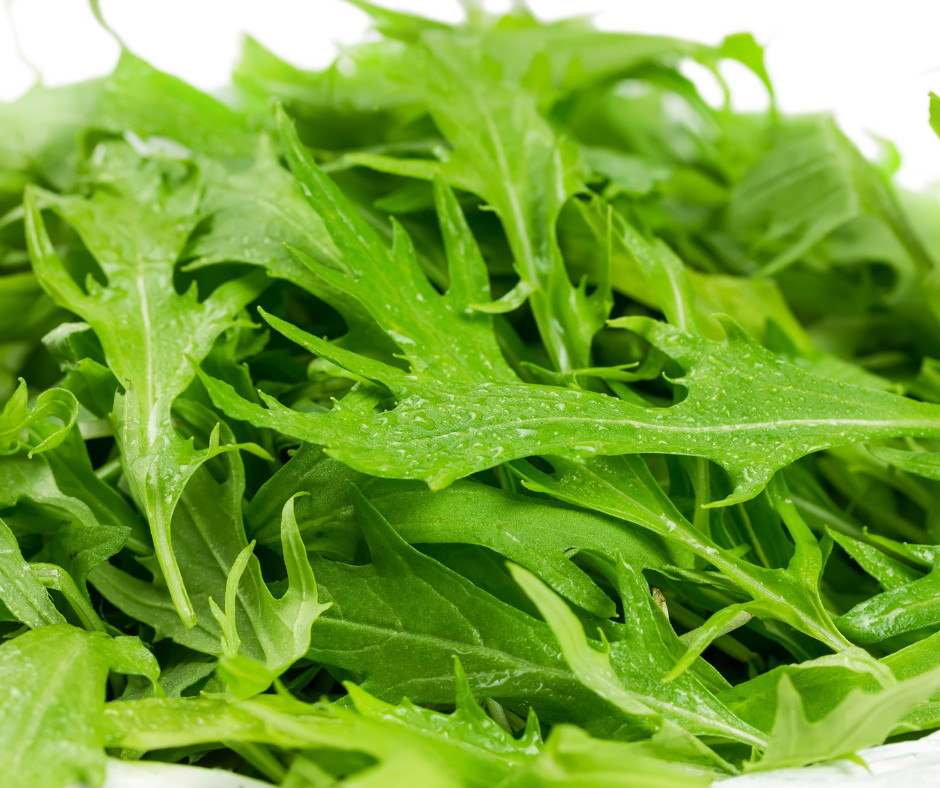
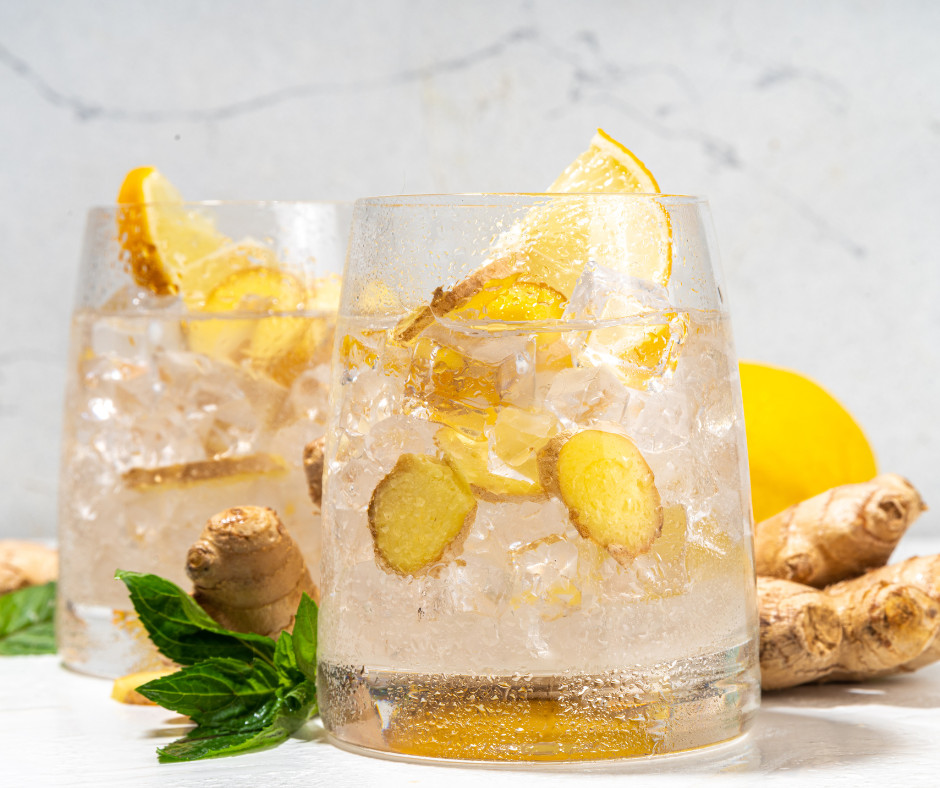
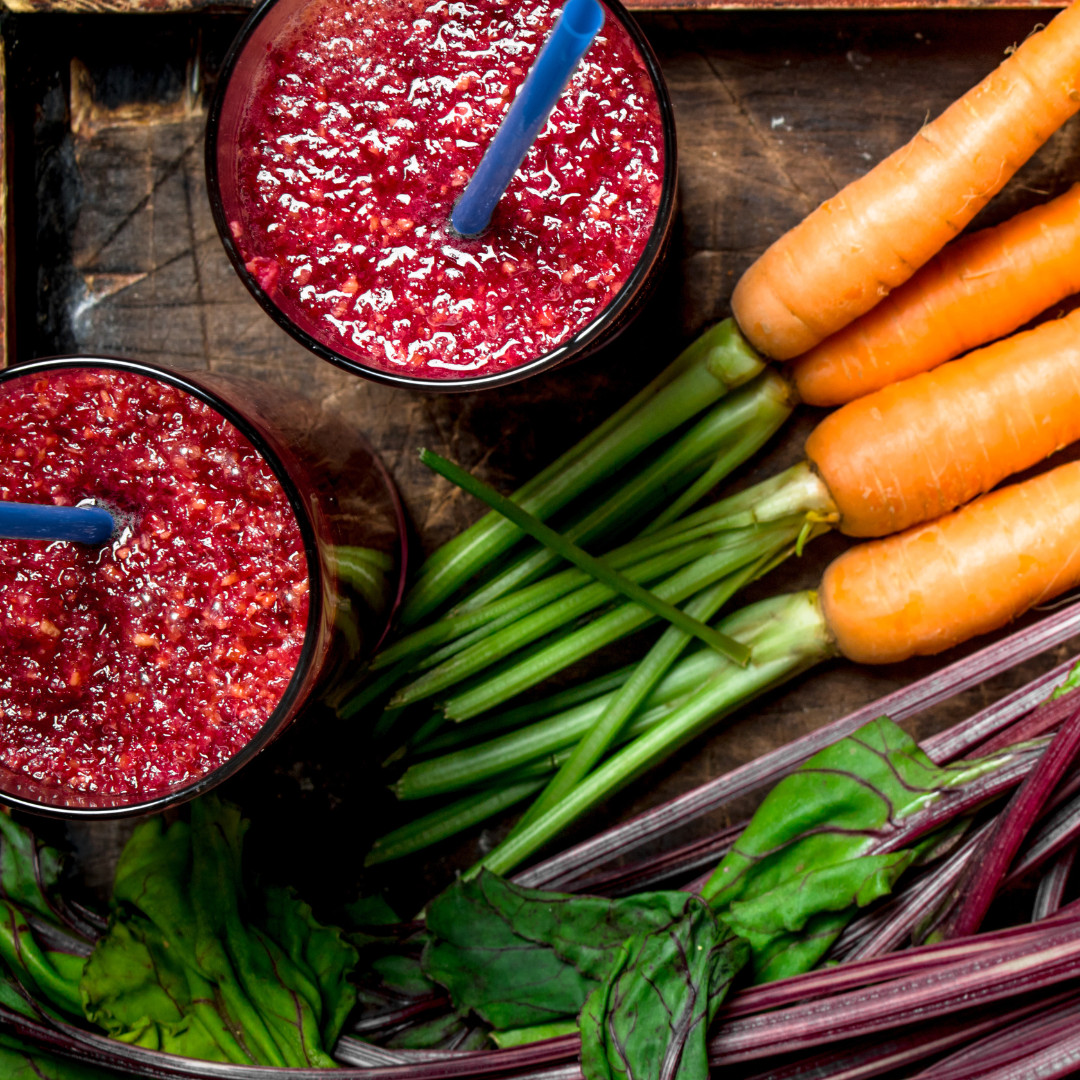
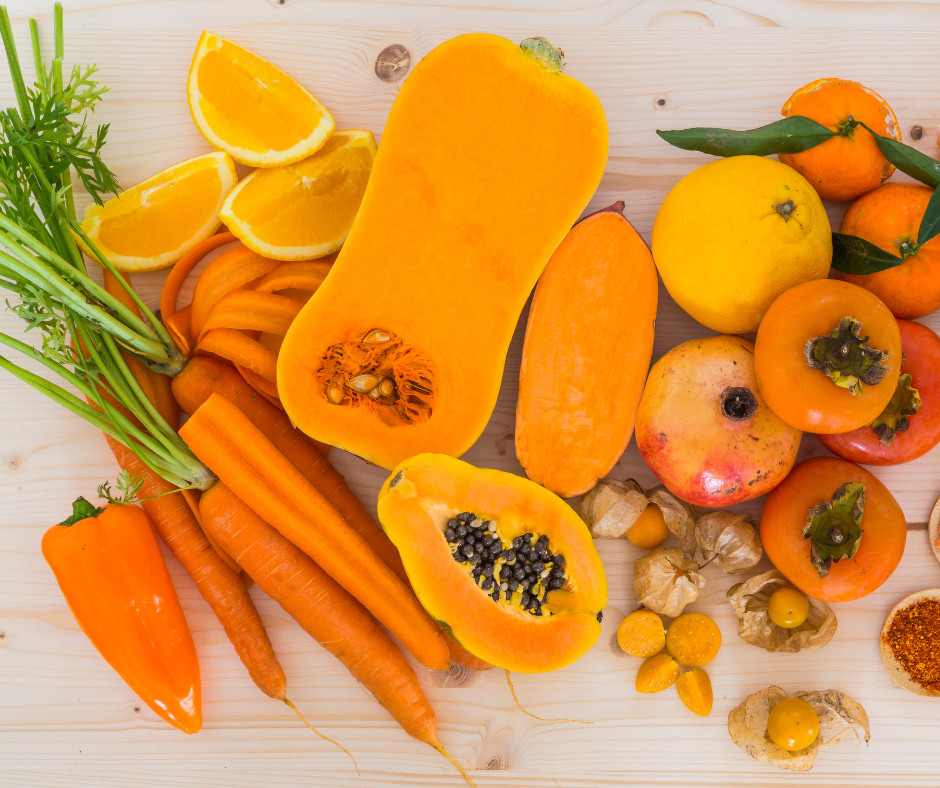
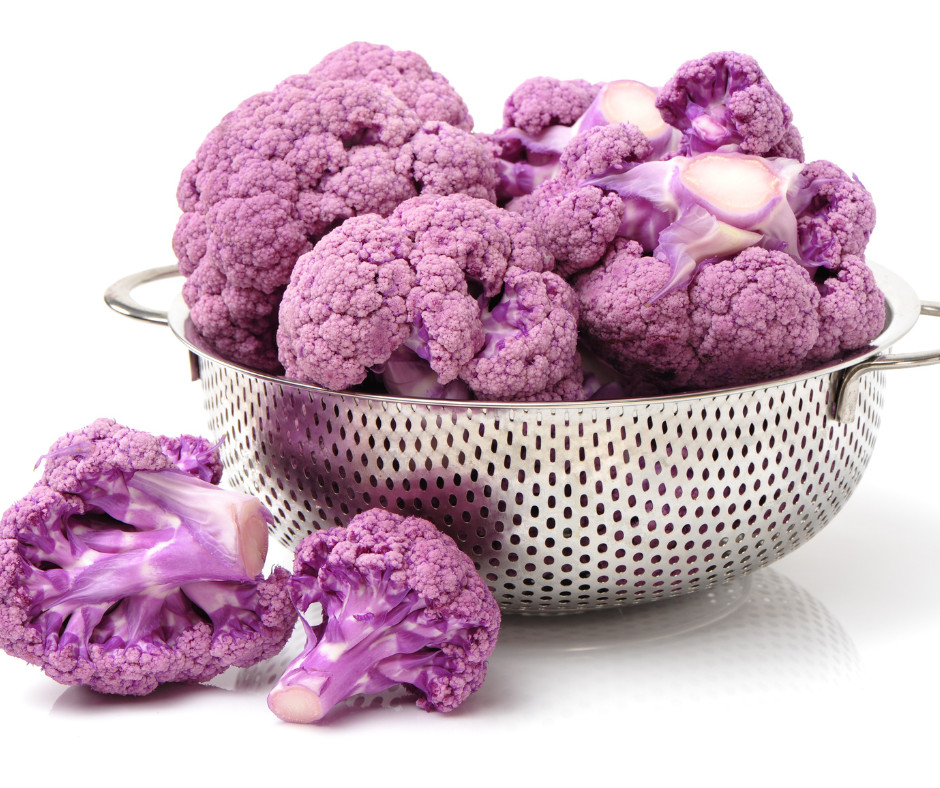
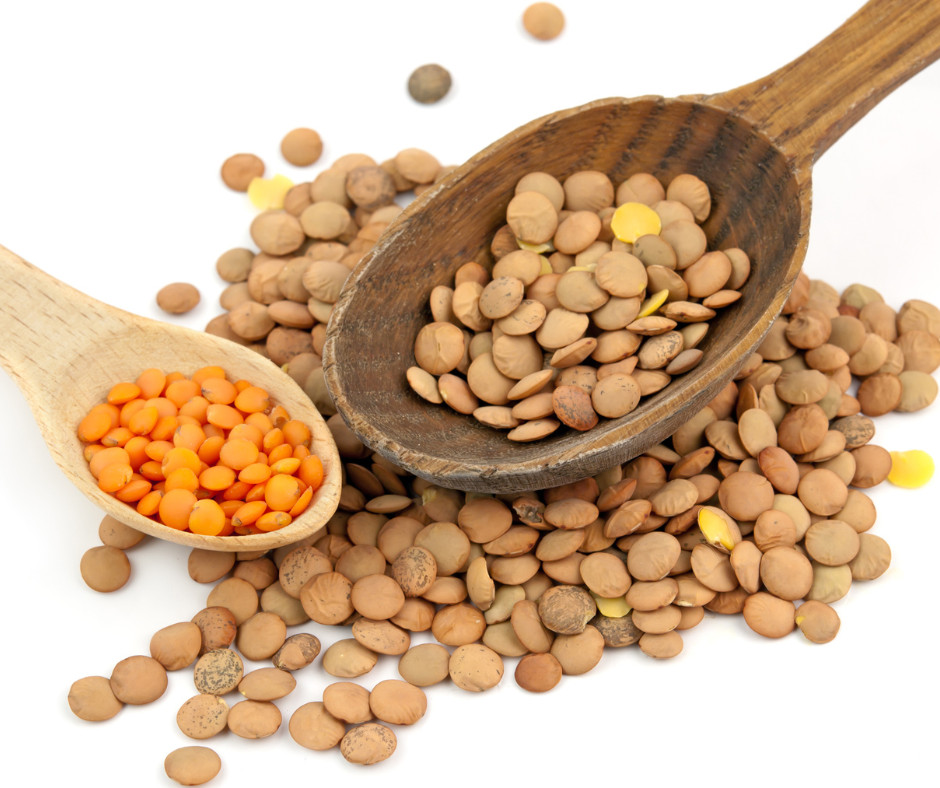
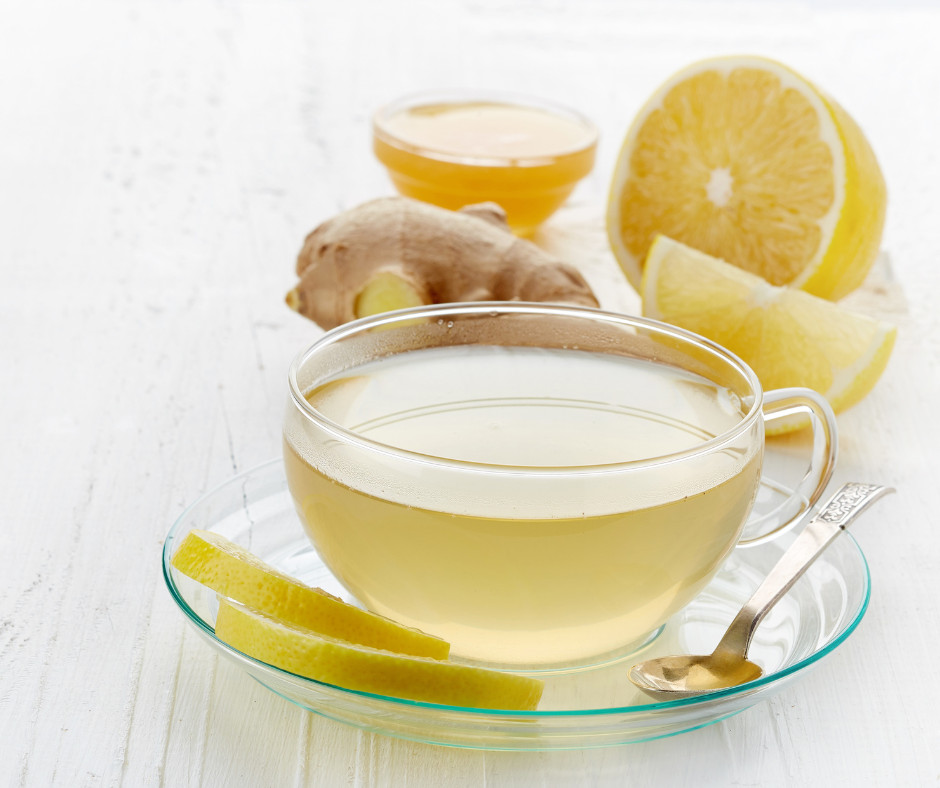





0 Comments